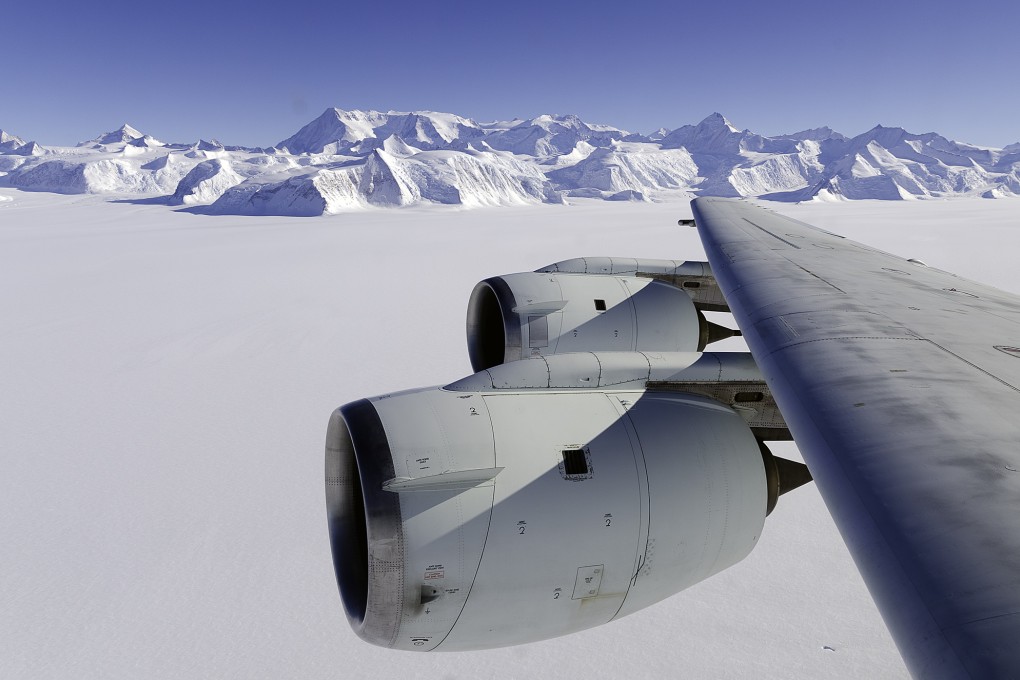Burning all fossil fuels will melt entire Antarctic ice-sheet and raise ocean by 50 metres, study shows
Oceans would rise by over 50m sinking land inhabited by a billion people and changing the face of planet Earth, say scientists

Burning all the world’s coal, oil and gas would melt the entire Antarctic ice-sheet and cause the oceans to rise by over 50m, a transformation unprecedented in human history.
The conclusion of a new scientific study shows that, over the course of centuries, land currently inhabited by a billion people would be lost below water.
“For the first time we have shown there is sufficient fossil fuel to melt all of Antarctica,” said Ricarda Winkelmann, at the Postdam Institute for Climate Impact Research in Germany, who led the research published in the journal Science Advances.
“This would not happen overnight, but the mind-boggling point is that our actions today are changing the face of planet Earth as we know it, and will continue to do so for tens of thousands of years to come. If we want to avoid Antarctica to become ice-free, we need to keep coal, gas and oil in the ground."

The Antarctic ice cap is the largest on Earth. But at the moment it contributes only about 10% of the sea level rise being driven by climate change as, despite warming, temperatures on the continent are still largely below freezing. But in May 2014, scientists concluded that a large part of the west Antarctic ice sheet is already doomed, because of the long-term effect of greenhouse gases already emitted into the atmosphere. Melting this part of the ice sheet would raise sea level by about four metres over the course of a few centuries.